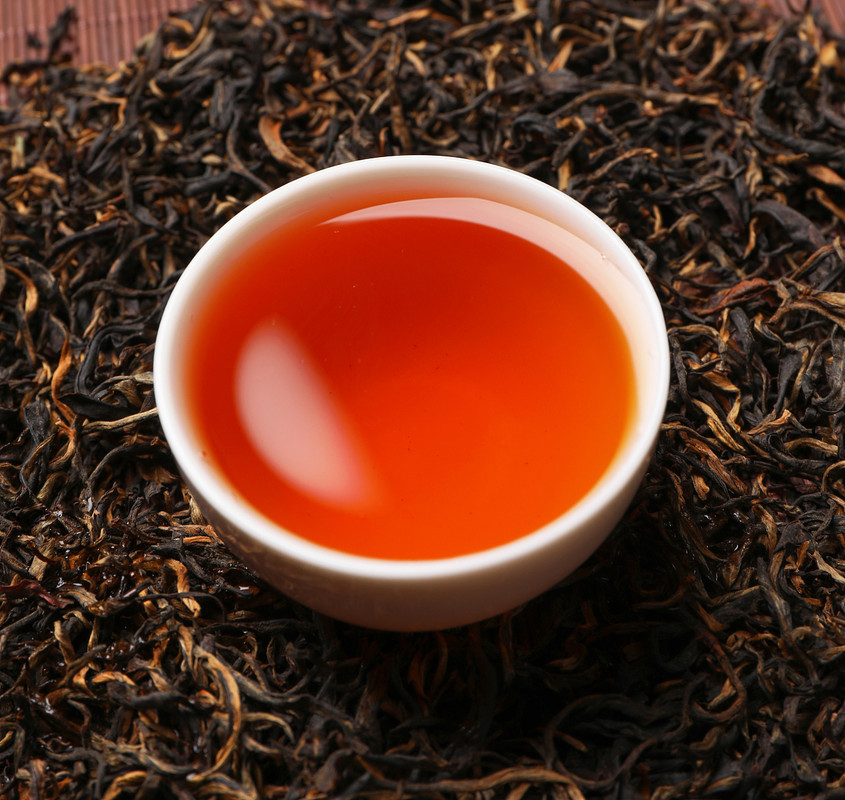Black tea, renowned for its robust flavor and health-promoting compounds, may pose risks in certain scenarios. Here’s a detailed guide to its contraindications:

1. Caffeine Sensitivity
Black tea contains 40-60 mg of caffeine per cup—higher than green tea. Sensitivity may trigger:
- Insomnia, restlessness, or anxiety, especially in evening consumption.
- Elevated heart rate or blood pressure in hyper-responders.
Advice: Opt for decaffeinated varieties or limit intake to 2-3 cups daily.
2. Anemia and Iron Deficiency
Black tea’s tannins strongly inhibit iron absorption, exacerbating deficiency. Avoid pairing with iron-rich meals or supplements.
Research Insight: Studies show a 50-80% reduction in iron bioavailability when consumed with tea.
3. Gastrointestinal Disorders
- Acid Reflux/GERD: Caffeine and tannins relax the lower esophageal sphincter, worsening symptoms.
- Peptic Ulcers: Caffeine stimulates gastric acid production.
- IBS: Tannins may irritate the gut lining, triggering bloating or diarrhea.
Recommendation: Drink after meals or choose low-tannin blends like Assam.
4. Pregnancy and Breastfeeding
- Pregnant Women: Excessive caffeine (>200 mg/day) is linked to fetal growth restriction. Limit to 2 cups daily.
- Lactating Mothers: Caffeine passes into breast milk, potentially causing colic or disrupted sleep in infants.
Caution: Consult healthcare providers before regular consumption.
5. Cardiovascular Conditions
While black tea may improve heart health in moderation, overconsumption (5+ cups/day) may:
- Elevate blood pressure in hypertensive individuals due to caffeine.
- Interact with medications like beta-blockers or diuretics.
Medical Advice: Monitor intake if managing heart disease.
6. Drug Interactions
Black tea’s caffeine and tannins may interact with:
- Blood Thinners (Warfarin): Increases bleeding risk.
- Antibiotics (Tetracycline): Reduces drug efficacy.
- Benzodiazepines (Anxiety Medications): Amplify sedation.
Critical: Inform healthcare providers of tea habits during treatment.
7. Overconsumption Risks
- Caffeine Dependency: Withdrawal symptoms (headaches, fatigue) may occur with habitual high intake.
- Dehydration: Diuretic effects from caffeine can imbalance fluid levels.
- Nutrient Depletion: Tannins hinder absorption of folate, calcium, and B vitamins.
8. Allergies
Rare cases of allergic reactions to tea proteins or mold byproducts (e.g., in low-quality blends). Symptoms include hives or respiratory distress.
9. Pesticide Residues
Non-organic black teas may contain pesticide residues like chlorpyrifos. Opt for certified organic or rinse tea leaves before steeping.
10. Children and Adolescents
Limit caffeine intake due to lower body weight. Excessive consumption may disrupt sleep, focus, or behavior.
11. High-Temperature Brewing
Steeping at >95°C (203°F) extracts more tannins and caffeine, increasing bitterness and irritation risk.
Optimal: Brew at 85-90°C (185-194°F) for 3-5 minutes.
Final Recommendations
- Moderation: 3-4 cups daily (300-400 mg caffeine max).
- Timing: Avoid late-day consumption to prevent sleep disturbances.
- Consult Professionals: Discuss with doctors if managing chronic conditions or taking medications.
By balancing enjoyment with awareness, black tea can remain a safe and rewarding beverage. 🍂☕



